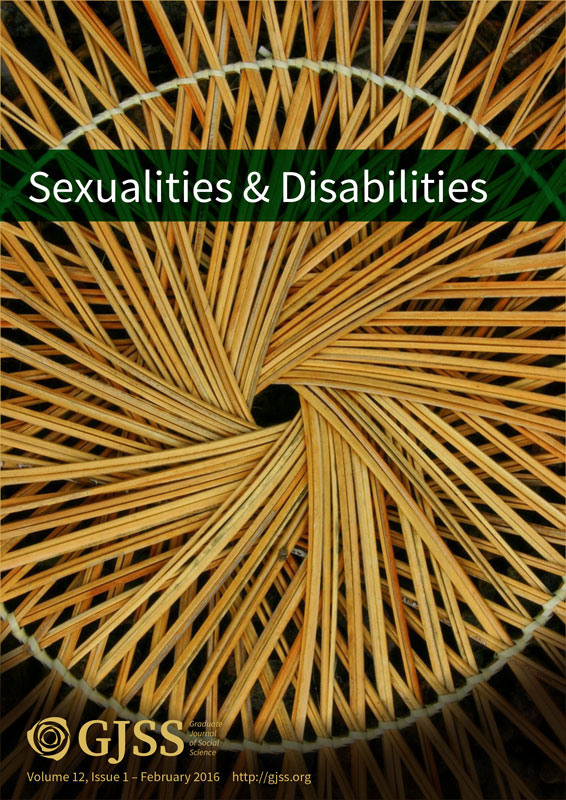Context The long drawn-out war in Sri Lanka, though now ended, has resulted in a high incidence of war-related injuries and disabilities and an arguably high, yet unaccounted incidence of trauma. There is at present some research, though very limited, documenting the effects of trauma on self-image among soldiers following war-injuries or disabilities in Sri Lanka (Fernando & Jayatunge, 2012; Jayatunge, 2008). There has been no focus on exploring the potential impact of a serviceman’s or servicewoman’s war-related disabilities on their significant partner within the Sri Lankan context. What is the lived experience of wives of soldiers disabled in war in Sri Lanka?
Methods This study explored the potential emotional and psychological effects of war and disability on relationships post-war in a phenomenological study documenting the lived experience of female partners. It focuses on the narratives of five female partners of military servicemen wounded in war, collecting data through observations, semi-structured-interviews and dramatherapy techniques of image, artwork and letters. To understand the narratives of the participants, the researcher used models of disability and constructions of gender and masculinities to underpin data collection and analysis.
Results Three main themes and five subthemes emerged through an inductive (Data-driven) and deductive (theory-driven) analysis using the principles of Framework Analysis (Ritchie & Spencer, 1994). The main themes were fears, love and dreams, while the subthemes included reaction, abandonment, reliance, resilience and sacrifice and blessing.
Discussion Factors connected to disability and gender which permeated the narratives of the participants represent a tension between female normative traits, roles and responsibilities and the leadership role of primary caregiver and breadwinner assumed by women following their husband’s war-related disability. The women appear to navigate through masculinist spaces while simultaneously facing negative societal reactions to disability. The findings may be useful to be considered in discussions of psychosocial support for soldiers disabled in war and their partners at the level of policy and practice.




